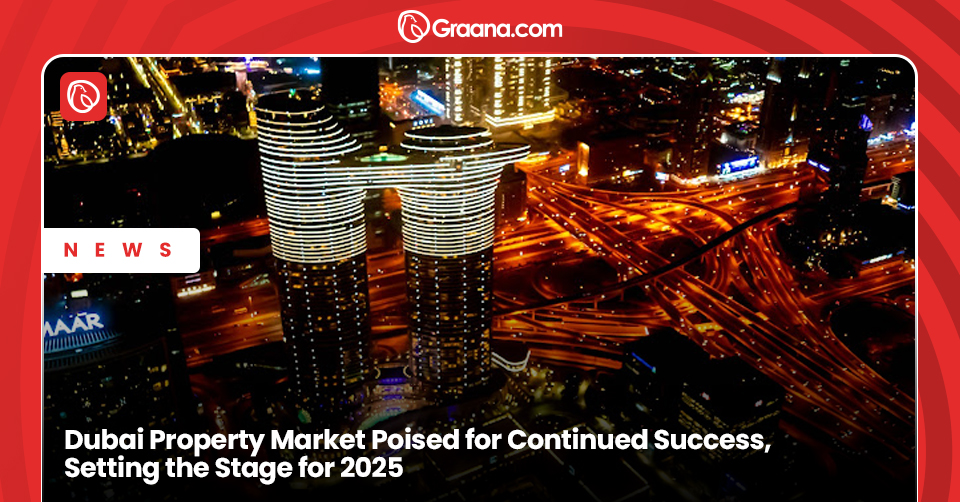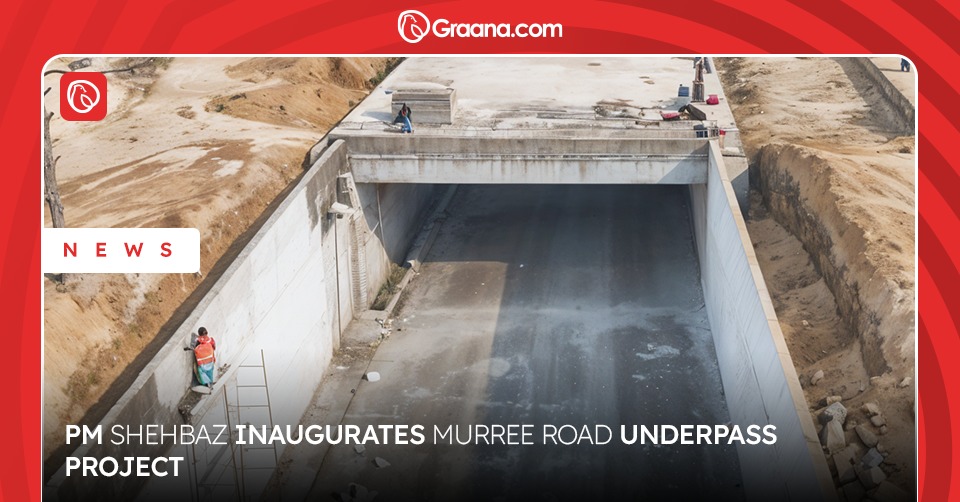Dubai’s real estate market showed continued positive momentum in November, with both the residential and commercial sectors experiencing robust growth, according to a recent report from Engel & Völkers Middle East.
In the residential sector, there were 12,695 property sales, marking a 15.4% increase compared to the same month last year. While this figure represents a slight decrease from the record-breaking sales seen in October, it highlights the ongoing upward trend in the market. The average property price rose by 0.38% month-on-month, continuing a steady long-term growth pattern. Notably, affordable properties under AED 1 million saw a notable rise in sales, accounting for 32.2% of total transactions, up from 26.7% in October.
Apartments dominated the residential market, with strong demand for smaller units such as studios and one-bedroom apartments. These types of properties made up more than 84% of residential sales in November. The top-performing areas for residential sales included Jumeirah Village Circle, which led with 1,035 units sold, followed by Jumeirah Village Triangle (670 units) and Business Bay (423 units).
In the commercial property sector, performance remained strong, with total sales valued at AED 9.2 billion (approximately $2.5 billion), reflecting a 3.1% year-over-year increase. Office space sales, in particular, experienced a significant boost, rising by 24.2% compared to the previous year. The average price for commercial properties also saw a considerable increase of 31.1% compared to November 2022, driven by sustained demand for high-value office spaces in an environment of limited supply. Business Bay, Jumeirah Lakes Towers, and Barsha Heights (TECOM) recorded the highest office transactions.
The rental market also experienced growth, with transaction volumes rising by 21.9% from October. Both residential and commercial rents saw increases, with average residential rents climbing 18.0% year-over-year. The commercial sector, led by office space, saw even higher rent growth, with a 28.1% increase in average rents. Strong competition for Grade A office spaces and high occupancy rates continued to drive this trend, further cementing Dubai’s position as a global business hub.
Notable areas for rental transactions included Deira, Dubai Investment Park (DIP), and Bur Dubai, underscoring their sustained appeal to tenants.
Daniel Hadi, CEO of Engel & Völkers Middle East, praised the resilience and adaptability of Dubai’s real estate market. He highlighted the steady growth in the residential sector, driven by increased interest in affordable and compact living options. Hadi also pointed to the impressive performance of the commercial sector, driven by a surge in office sales and rental growth, reaffirming Dubai’s status as a leading global business destination.
As Dubai’s economy continues to grow and attract both businesses and residents from around the world, the real estate market is poised for continued growth, with strong investor confidence and the potential for record-breaking performance as the city heads toward 2025.
Read more articles on Graana Blog




